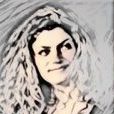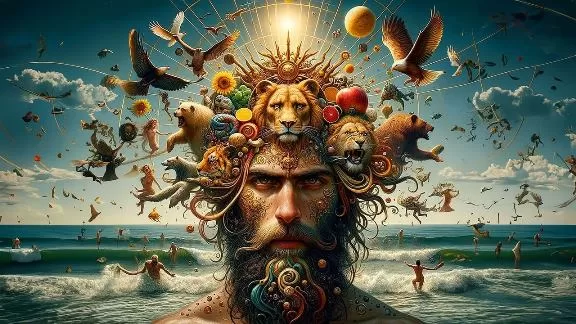Do you know the story of Noah and the deluge? Well, every generation had its interpretations and versions of the story. And when the deluge is retold - they actually talk of a humanity worthy of annihilation. Why? Every commentator has its own explanation, where lies criticism of the society they live in or encounter. The deluge as presented in current cinema isn't the flood as depicted in old traditions, since the story continues to evolve and get renewed.
In this comparative study, we've surveyed Hollywood films that present the deluge iver the last century - in each of them the humanity is presented as facing annihilation, while offering an a current critic. Recently, for instance, the deluge myth is linked to the ecological discourse.










